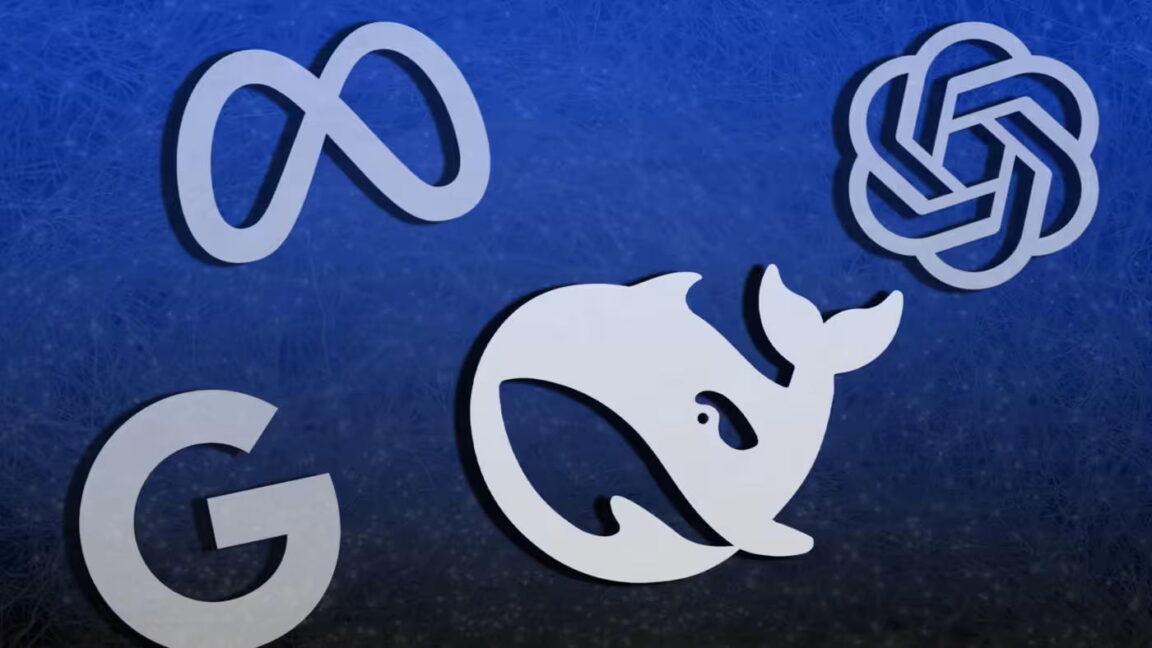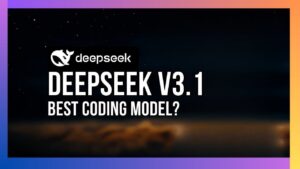AI Companies Embrace Distillation to Develop More Affordable Models Following DeepSeek’s Example

Understanding AI Model Distillation
In the field of artificial intelligence (AI), distillation refers to a process that enables developers and businesses to leverage the capabilities of large AI models at a significantly lower cost. This technology allows app developers to run AI models efficiently on devices ranging from laptops to smartphones.
The Role of OpenAI and Microsoft
OpenAI offers a platform that facilitates model distillation, allowing developers to gain insights from large language models such as those that power ChatGPT. Notably, Microsoft, having invested nearly $14 billion into OpenAI, utilized GPT-4 to distill its family of smaller models, known as Phi. This collaboration between the two companies showcases how large investments can lead to the development of more efficient AI solutions.
However, there are concerns surrounding the ethical use of these models. For instance, OpenAI has alleged that a rival company, DeepSeek, has used its distilled models to train competitive offerings, potentially violating OpenAI’s terms of service. As of now, DeepSeek has not publicly responded to these allegations.
Advantages and Limitations of Distillation
Distillation has its benefits, primarily the creation of high-performing models with less computational demand. However, experts caution that these distilled models often come with certain limitations. Ahmed Awadallah, a researcher at Microsoft, points out that smaller models can lead to reduced capabilities. For example, while a distilled model might excel at summarizing emails, it may struggle with more complex tasks.
David Cox, the AI models vice president at IBM Research, emphasizes that many businesses do not require the extensive capabilities of large models to operate effectively. Instead, distilled models can perform adequately for various applications, such as customer service chatbots or functioning on mobile devices.
Why Businesses Prefer Distilled Models
The appeal of opting for distilled models lies in their cost-effectiveness. When models are made smaller and less resource-intensive, businesses can reduce operational expenses while achieving the desired performance level. Cox notes that when a more affordable solution also meets performance needs, there is little reason to choose a more expensive alternative.
This trend challenges the traditional business models of leading AI companies. Although distilled models from organizations such as OpenAI may lead to less revenue generation, they typically come with lower operational costs. As a result, companies are incentivized to utilize these models, which demand less computational power and ultimately cost less to run.
Summary of Key Points
- What is Model Distillation? A process that enables smaller and less expensive AI models to operate effectively on various devices.
- Collaboration Between Giants: OpenAI and Microsoft have partnered to create efficient models after significant investments.
- Ethical Considerations: Allegations arise concerning the misuse of distilled models by competing companies.
- Performance Trade-Off: While distilled models are cost-effective, they may lack the capabilities of their larger counterparts.
- Business Applications: Distilled models meet the needs of businesses, particularly in customer service and mobile applications.
- Financial Implications: Distilled models may lead to reduced revenue for AI companies but are appealing due to lower operational costs.
Overall, model distillation represents a promising approach to making AI technology more accessible and affordable for a range of applications, while also encouraging responsible use and development within the industry.





